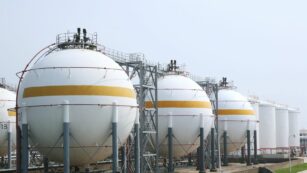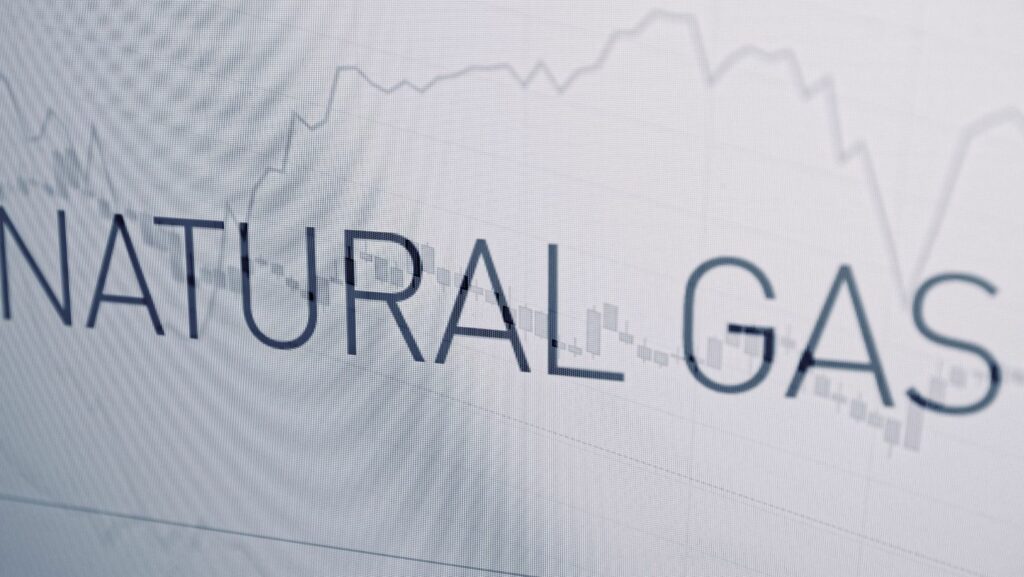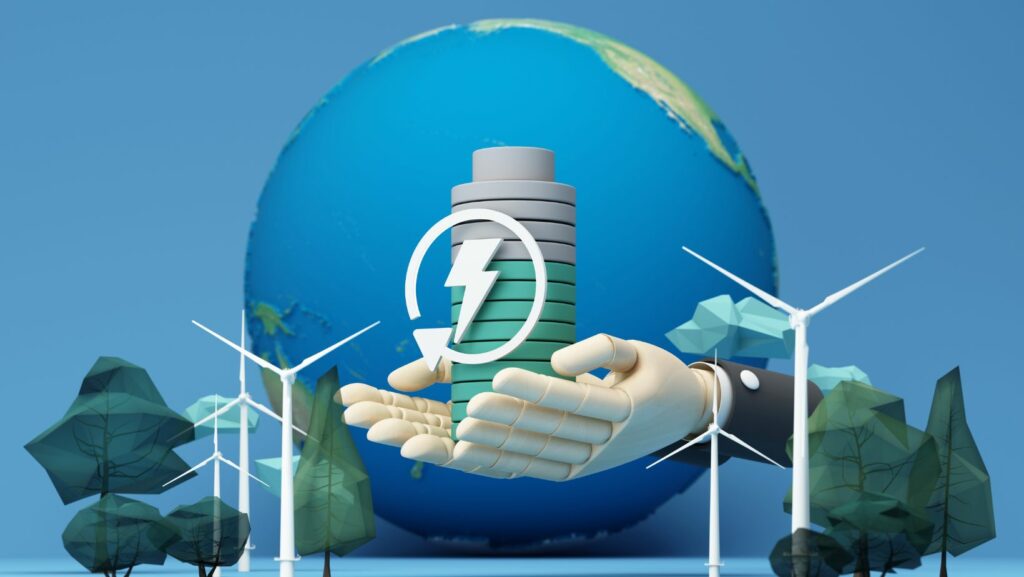As the world grapples with the pressing need for sustainable energy sources, the question of whether natural gas qualifies as renewable energy looms large. With its rising prominence in the energy sector, natural gas is often touted as a cleaner alternative to coal and oil. But is it truly renewable, or merely a bridge to greener options?
Is Natural Gas Energy Renewable
 Natural gas is often scrutinized regarding its renewable classification. While it serves as a cleaner alternative to fossil fuels, its renewable status sparks ongoing debate.
Natural gas is often scrutinized regarding its renewable classification. While it serves as a cleaner alternative to fossil fuels, its renewable status sparks ongoing debate.
Natural gas is a fossil fuel primarily composed of methane, a hydrocarbon with one carbon atom and four hydrogen atoms. It forms underground over millions of years from the decomposition of organic materials. Natural gas is colorless, odorless, and lighter than air, making it a versatile energy source for heating, electricity generation, and as an industrial feedstock.
How Is Natural Gas Produced?
Natural gas production involves several key processes:
-
Exploration: Geologists use seismic surveys to locate natural gas deposits.
-
Extraction: Drilling techniques, including hydraulic fracturing (fracking), facilitate gas recovery from underground reserves.
-
Processing: After extraction, natural gas undergoes purification to remove impurities, such as water, carbon dioxide, and sulfur.
-
Transportation: Processed gas moves through pipelines to consumption sites or is converted into liquefied natural gas (LNG) for shipping.
These processes highlight the significant energy and environmental concerns surrounding natural gas extraction and use.
The Concept Of Renewable Energy
Key Characteristics of Renewable Energy
-
 Replenishment: Renewable energy sources regenerate within a human time scale, ensuring a sustainable energy supply without depleting the resource.
Replenishment: Renewable energy sources regenerate within a human time scale, ensuring a sustainable energy supply without depleting the resource. -
Low Environmental Impact: Renewable sources typically produce minimal greenhouse gas emissions compared to fossil fuels, playing a crucial role in combating climate change.
-
Diverse Applications: Renewable energy powers various applications, including electricity generation, heating, and transportation.
Natural Gas Vs. Renewable Resources
Natural gas differs significantly from renewable resources. Renewable sources, such as solar and wind, regenerate naturally within a short time frame. In contrast, natural gas forms over millions of years through the decomposition of organic materials. Additionally, renewable resources often produce little to no greenhouse gas emissions, whereas natural gas combustion emits carbon dioxide. While natural gas serves as a cleaner alternative to coal and oil, it does not meet the criteria to be considered renewable.
Environmental Impact Of Natural Gas
 The environmental impact of natural gas has garnered considerable attention. Natural gas extraction methods, including hydraulic fracturing, can lead to air and water pollution. Methane, a potent greenhouse gas, can escape during extraction and transportation, contributing to climate change. Despite being cleaner than coal and oil in combustion emissions, the upstream processes involved in natural gas production pose substantial environmental risks. The overall footprint of natural gas on ecosystems and water sources cannot be overlooked.
The environmental impact of natural gas has garnered considerable attention. Natural gas extraction methods, including hydraulic fracturing, can lead to air and water pollution. Methane, a potent greenhouse gas, can escape during extraction and transportation, contributing to climate change. Despite being cleaner than coal and oil in combustion emissions, the upstream processes involved in natural gas production pose substantial environmental risks. The overall footprint of natural gas on ecosystems and water sources cannot be overlooked.
Innovations In Renewable Natural Gas
Innovations in renewable natural gas (RNG) aim to enhance its sustainability profile. RNG is produced from organic waste through anaerobic digestion, transforming methane emissions into a cleaner energy source. Technologies for capturing methane from landfills or agricultural waste are evolving, reducing environmental impacts. Additionally, RNG can replace traditional natural gas in existing infrastructure, creating a bridge towards a more sustainable energy future. These developments highlight the growing potential of RNG in contributing to energy solutions while addressing the challenges of fossil fuel dependence.
Future Prospects For Natural Gas
 Natural gas plays a pivotal role in the current energy landscape. While it serves as a cleaner alternative to more polluting fossil fuels, its classification as renewable energy remains contentious. The extraction methods and associated emissions raise significant environmental concerns.
Natural gas plays a pivotal role in the current energy landscape. While it serves as a cleaner alternative to more polluting fossil fuels, its classification as renewable energy remains contentious. The extraction methods and associated emissions raise significant environmental concerns.
Innovations like renewable natural gas offer hope for a more sustainable future. By harnessing organic waste, these technologies can mitigate some environmental impacts linked to traditional natural gas.
As the world shifts toward sustainable energy sources, the future of natural gas will depend on balancing its benefits against its drawbacks. Continued advancements in technology and policy will shape its role in the transition to a cleaner energy economy.



